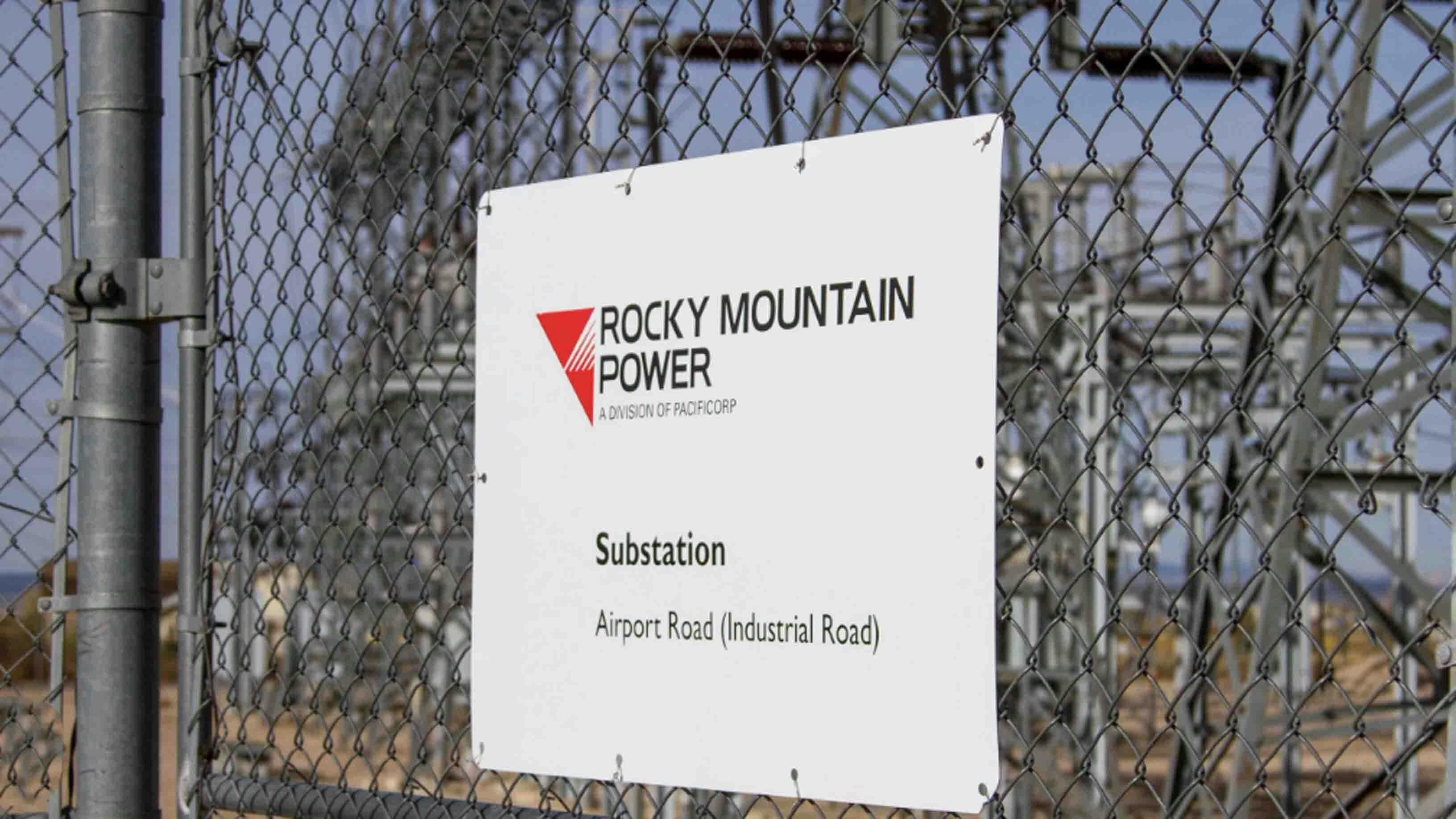Rocky Mountain Power’s customers will get a $9 million rebate on overpaid costs. The overpayments will be refunded through a six-month rate reduction that will start Jan. 1, which means for the first half of 2024, Rocky Mountain Power’s 8.3% rate increase will be 5.5%.
The repayment is part of an 11th-hour settlement on the second of a two-part Rocky Mountain Power overall 30% rate increase request. The Wyoming Public Service Commission approved the settlement in a hearing Tuesday afternoon.
The first half of Rocky Mountain Power’s rate request had been for a 21.9% bump to the base rate for electricity, while the second half was a temporary bump to “true up” deferred net power costs of $50.3 million, or 7.6%, with its actual costs. This true-up occurs annually.
The PSC already gave the first part of the company’s rate increase requests a rather severe trimming, dropping it to an 8.3% increase to base rates instead.
Now under the terms of a settlement agreement, Rocky Mountain Power will be returning $9 million in overpayments, which were provisionally approved in July, through a 2.8% rate reduction from Jan. 1 to July 30, 2024.
Rebate Fixes Error RMP Made
About $7 million of the overall rebate was a correction proposed by Wyoming Industrial Energy Consumers after the organization figured out that Rocky Mountain Power had used a different variable than the commission had ordered in developing its calculations.
Rocky Mountain Power accepted the change in a rebuttal filing of its own. Company officials said in the filing that the company had made an unintentional error.
Disputed gas hedging issues and a disputed errata filing made up the remaining $2 million.
All three parties to the rate case agreed to the settlement and stipulated that outstanding issues may still be brought before the Public Service Commission. Those parties included Wyoming Industrial Energy Consumers and Wyoming Public Service Commission’s consumer advocate staff as well as Rocky Mountain Power.
Wind Stipulations
The settlement also contained a few non-monetary issues of note.
For this part of the settlement, Rocky Mountain Power has agreed that it will file performance data for its wind facilities.
“As Rocky Mountain Power has turned increasingly to renewable resources, including wind, the performance of these facilities is becoming increasingly important,” WIEC’s attorney Abby Briggerman told Wyoming Public Service commissioners. “The performance is important for both power costs and reliability reasons. And the data will now be more readily available to interested parties as a result of the settlement agreement.”
Renewables were a dinosaur-sized bone of contention throughout Rocky Mountain Power’s general rate case, with many critics suggesting it was the underlying cause of the company’s huge rate increase request.
Rocky Mountain Power denied that, and said that it would have asked for $85.4 million more from Wyoming ratepayers this time around had it not been for renewable power generation.
Rocky Mountain Power CEO Gary Hoogeveen told commissioners that when it had determined it needed additional power generation, it put out competitive bids for multiple sources of energy.
Through that process, renewable wind energy was selected as the best value.
Compromises
Wyoming Public Service Commissioner Mary Throne told those listening to the hearing that it’s important everyone understands that Rocky Mountain Power is legally entitled to adjust prudently incurred costs so that they match reality.
The power costs the company sought to “true up” were originally set in its 2020 general rate case, and situations changed, in some cases dramatically, for energy markets since then.
Throne also noted that commissioners in general dislike last-minute settlements, because it means the commission has little time to review the settlement to ensure it is in the public’s best interest.
However, in this case, Throne added she felt it appropriate to expedite consideration of the stipulation.
“I would move that we find it is in the public’s interest to approve the stipulation as filed, so that the somewhat mitigating effects of the stipulation can coincide with the increase approved in the general rate case,” she said.
“While the intervenors raised substantial questions about the company’s proposal, and compromised on those issues to reach a settlement, those compromises laid the groundwork for what I hope will be a more transparent and informative ECAM applications in the future.”
Throne also criticized Rocky Mountain Power for its error in using the wrong variable in its calculations, despite the Wyoming PSC specifically ordering it to use a different factor.
“The commission expects the company, at a bare minimum, to follow its orders,” she said. “And the commission staff and intervenor should not have to be on the lookout for basic errors of that sort. The company is a sophisticated utility faced with a myriad of compliance obligations that it must meet in the ordinary course of business. I would not expect to see this kind of error again.”
Renée Jean can be reached at renee@cowboystatedaily.com.





